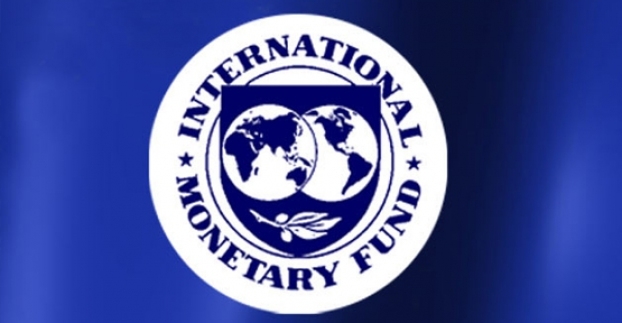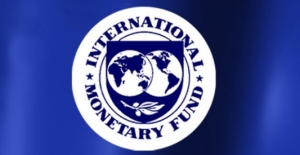Monetary Fund: Georgia to have Greater Economic Growth This Year
A presentation from the International Monetary Fund took place at the Tbilisi Marriot this week, where IMF’s Resident Representative Azim Sadikov stated that Georgia’s economy should grow by 2% this year.
Sadikov named three external shocks that have affected the region which includes the Georgian economy:
1. The dropping of oil prices: Prices plummeted from $110 a barrel to around $50. This affected oil-exporting countries and caused a sharp drop in commodity prices.
2. Slowdown in Russia: the IMF predicts that the situation will improve, but not significantly with an increase of only 1.3%
3. Exchange rate movements: a plunge in the value of the Russian ruble and a strengthening of the US dollar have weakened overall economic growth in the CCA region.
Georgia’s consumption and investment have been reduced, as well as a lower volume of money transfers. However, there are positive aspects, economic growth is still stable, and 2.5% higher than the international organizers have predicted.
“We hope that the economic growth will exceed 2%. Georgia has a better history on terms of business environment and the Association Agreement. It is expected that over the next five years the region’s growth will be better than in other countries,” Sadikov stated.
He continued that the depreciation of the Georgian lari was less severe than in other countries in the region because the drop wasn’t sudden.
“I fully support the exchange rate and the monetary police from the National Bank of Georgia. The response of the National Bank has been in line with the most mature central banks in the region.”
In terms of the financial sector the one side effect of the depreciation has been a rise in dollarization.
“People were worried and moved their saving deposits in foreign currency while trying to take loans in GEL. This mean that the banks must have their balance sheets under pressure,” Sadikov commented.
IMF presented its policy priorities for Georgia and the region as a whole in three parts:
1. Near-term fiscal policy should balance external stability and growth.
2. Monetary prudence and exchange rate flexibility.
3. Structural reforms to boost long-term growth.
Sadikov also discussed Georgia’s need to invest in education and skills so that it can compete and also take advantage of its strategic location in the region. He stated that despite the increased allocations in Georgia’s budget for education it should also parallel the reforms in the education sector as a whole.
Ana Akhalaia











